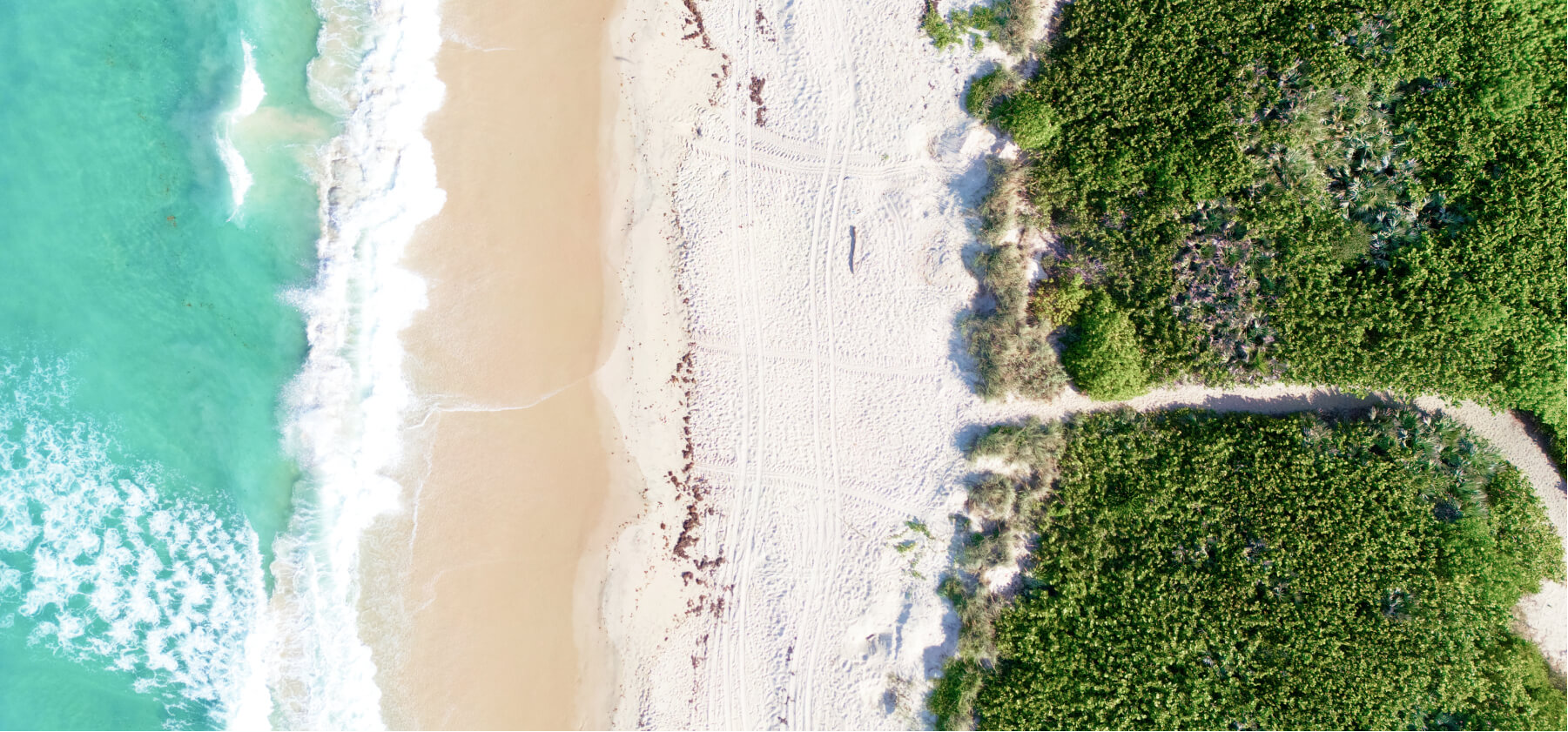News
RCOOS Manager Elected Chair of MTS OOS Committee
Congratulations Vembu Subramanian, SECOORA Regional Coastal Ocean Observing System Manager, for being elected Chair of MTS Ocean Observing Systems Committee. The Ocean Observing System Committee mission is to provide the ocean community with a unique collaborative environment for exchanging information and advancing knowledge to further the state-of-the-art and technology, as well as to foster the global dissemination of knowledge in...
SECOORA Integration Project Fund Mini Proposals Solicitations
SECOORA Solicitation for Regional Coastal Ocean Observing System: Rip Currents Forecast Model Validation ProjectTo access the rip currents solicitation, Click here. Deadline for submission of rip currents proposals: 5 PM ET, Monday, February 9, 2015. SECOORA Solicitation for Regional Coastal Ocean Observing System: Southeast Observing ExperimentTo access the observing experiment solicitation, Click here.Deadline for submission of observing experiment proposals: 5 PM...
WHARF Project Results Will Be Presented At 2015 IEEE/OES CWMT Workshop
Congratulations Matthew Archer for being a recipient of the 2015 IEEE/OES Current, Waves and Turbulence Measurement workshop Student Award. Matthew is a PhD Candidate in Meteorology & Physical Oceanography at the University of Miami (UM) Rosenstiel School of Marine & Atmospheric Science. He studies under Nick Shay, a SECOORA Principal Investigator.Matthew will be presenting the results of the Wave Heights and Currents...
2015 Annual Meeting
The SECOORA 2015 Annual Meeting will be held May 19-20, 2015, at the Hyatt Regency Jacksonville Riverfront in Jacksonville, FL (225 E Coastline Dr., Jacksonville, FL 32202). Registration has closed. Please contact Abbey Wakely, abbey@secooraorgpact.wpengine.com, for more information. Hotel Information Please contact Abbey Wakely, abbey@secooraorgpact.wpengine.com, for hotel information. AgendasTuesday May 19, SECOORA Board and Members Business MeetingWednesday May 20, SECOORA Stakeholder Meeting Tuesday, May 19:...
Happy Holidays and Thank You
Wishing you a healthy and joyous holiday season from all of us at Southeast Coastal Ocean Observing Regional Association. Thank you for your support this year, we look forward to continuing our partnership in the coming year. As you make your holiday purchases, consider shopping AmazonSmile and Amazon will donate to SECOORA. Funds generated will help us educate students and the public about coastal ocean observing activities...
GIS Day 2014
This year SECOORA showcased their interactive maps during GIS day, November 18, 2014 at University of South Florida St. Petersburg. SECOORA teamed with member organizations, such as FWRI, to educate children in middle and high school about real-world applications of GIS.Students learned how to navigate SECOORA’s Interactive Regional Map, Marine Weather Portal, Biological Habitat/Physical Data Viewer, Beach Water Quality Model...
November Newsletter
Read SECOORA's latest newsletter! Learn about a call for HFR funding, 2010 Red Tide, our new Climatology Tool and more.http://archive.constantcontact.com/fs181/1103098301442/archive/1119220881071.html
Undergraduate Environmental Science Lab Tours Water Quality Monitoring Station
On October 29th, SECOORA joined USF COMPS Systems Engineer, Jeffrey Scudder, and YSI Senior Applications Specialist, Mike Lizotte, as they hosted a tour of the USF COMPS Clam Bayou water quality station. A University of South Florida St. Petersburg environmental science lab applied classroom knowledge about water quality systems to the field.During the tour, the students learned about the new YSI...
Why did red tide not reach the West Florida Continental Shelf in 2010?
Robert Weisberg, SECOORA Principal Investigator, and his affiliates were recently published in the journal Harmful Algae*, Volume 38. The paper, “Why no red tide was observed on the West Florida Continental Shelf in 2010,” analyzes why Karenia Brevis, Florida red tide organism, did not reach the Florida coastline in 2010. They concluded that the lack of red tide along the west coast of Florida...
High-Frequency Radar Stations Could Save Lives, Track Spills in Gulf and Atlantic
Nonprofit groups call for network of high frequency radar monitoring stations along the U.S. Gulf and Southeastern Atlantic coasts Two coastal ocean observing organizations are calling for a major expansion of the high frequency radar (HFR) system in the Gulf of Mexico and along the Southeastern Atlantic coast as a cost-effective way to gain near real-time information about surface currents,...
